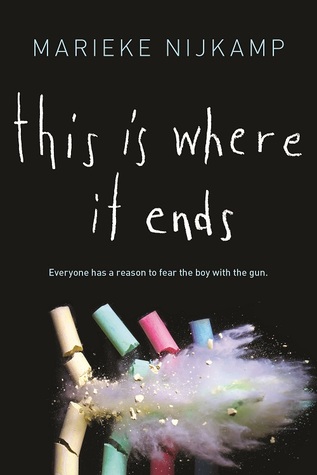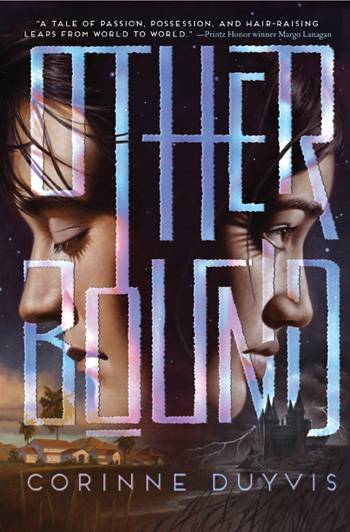My top 5 authors discussing disability
by Elsa
I am pleased to introduce Allison Mulder as a guest blogger today. Allison, a writing and rhetoric major at Northwestern College in Iowa, is supporting Easter Seals’ communications team as a public relations and social media intern. We are lucky to have this creative writer interning with our team leading up to her December graduation.
by Allison Mulder
 I may be a PR intern this semester, but creative writing is my passion—especially when it comes to books for young people. Here’s a peek into my Twitter feed for some of the authors I think of first when I think of disability in fiction:
I may be a PR intern this semester, but creative writing is my passion—especially when it comes to books for young people. Here’s a peek into my Twitter feed for some of the authors I think of first when I think of disability in fiction:
- Anne Ursu I’ve loved this author’s books for young readers ever since I read Breadcrumbs, a book based off of “The Snow Queen.” The Real Boy earned an even stronger place on my favorites shelf. Oscar, the main character, has autism, but the story’s otherworldly fantasy setting makes an official diagnosis impossible. Ursu has a son with autism, and many people—with and without autism—recommend this book as an example of good representation. That aspect (plus beautiful writing and a fascinating plot loosely related to “Pinocchio”) make this a read I highly recommend. Click here for an interview with Anne about The Real Boy.
- Ava Jae I actually met Ava Jae at a young writers’ conference this summer, where I heard enough about her young adult science fiction novel, Beyond the Red, to get excited for its March 2016 release date. About a week later, I saw Ava’s blog post about being diagnosed with rheumatoid arthritis at twenty years old. Ava regularly participates in excellent discussions about disability in fiction, including this blog post about how harmful it can be for stories to imply that the only happy ending for a person with a disability is a “Miracle Cure.”
- Marieke Nijkamp Another 2016 debut writer, Nijkamp has lots of hype building for her upcoming young adult novel, This is Where it Ends, about the circumstances surrounding a school shooting where “everyone has a reason to fear the boy with the gun.” I’m intrigued, and can’t wait for its release in January. I’ve also loved hearing Nijkamp’s thoughts on disabilities and how they’re addressed in fiction, especially as they relate to her own autism. Nijkamp is the founder of Diversify, which features interviews from marginalized individuals. She is also Vice President of Finance for We Need Diverse Books, another campaign for increased diversity in fiction.
- Kody Keplinger You may have seen the recent movie based on Keplinger’s young adult book, The Duff. But not everyone may know that Keplinger was born legally blind. According to the Disability in Kidlit website — which Keplinger co-founded—she was diagnosed with Leber’s Congenital Amaurosis at age eight, leaving her with poor light perception and tunnel vision. I’m constantly tuning in when Keplinger discusses disabilities and their fictional representations on social media, and you can check out Disability in Kidlit for reviews and more in-depth discussion about the portrayal of disabilities in children’s fiction.
- Corinne Duyvis Another co-founder of Disability in Kidlit, Corinne Duyvis was diagnosed with autism at age 14, and ADD at age 23. I have heard all kinds of buzz about Duyvis’s young adult fantasy book, Otherbound, and am long overdue in getting my hands on it. I’ve also avidly followed her on Twitter for some time, so I was excited to find that she’s been previously featured by Easter Seals when she participated in a Twitter chat for Thrive, our community for young women with disabilities.
Now, please, tell me (and the rest of the internet) who I’ve missed, and who we should read and/or follow next.








October 23rd, 2020 at 7:45 am
Do you know how someone with disabilities and an incredible story of perseverance can get their story written? She has cognitive issues, so writing it herself might be difficult. Especially going from point A to B without a bunch of detours.
People keep saying she needs to write a book about her life for other premature kids and parents. Especially when the docs tell them “they can’t”.